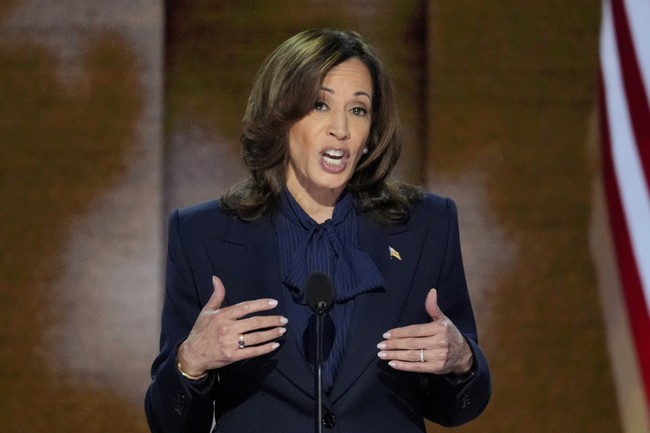Impact of New Tariffs on Venezuelan Oil
Explore how the latest tariffs on Venezuelan oil by the U.S. could reshape global trade dynamics, influence oil prices, and affect major economies like China, India, and others.
Published March 28, 2025 - 00:03am

Image recovered from arabnews.com
In a move that has sparked widespread discussion and speculation, U.S. President Donald Trump recently announced the imposition of a 25 percent tariff on countries importing oil and gas from Venezuela. This decision is part of a broader strategy by the U.S. administration to tackle economic and geopolitical challenges, especially regarding nations such as Venezuela, known for its significant oil exports. The ramifications of these tariffs are expected to reverberate across global markets, affecting oil prices, trade dynamics, and the strategies of major oil-importing countries.
Venezuela has long been a pivotal player in the global oil market, being among the world's significant crude producers. With the new tariffs, countries like China, India, Spain, Italy, and Cuba, which are significant consumers of Venezuelan oil, find themselves at a crossroads. China, which receives a substantial portion of its oil imports from Venezuela, has been identified as a primary target of the new tariffs. Despite previous sanctions back in 2019, China continued its oil imports from Venezuela, often disguising them as bitumen mix. However, this new wave of tariffs could impose additional costs and logistical challenges, potentially pressuring China to seek alternative sources or circumvent the sanctions through strategic alliances and re-routing of oil shipments.
The effect of these tariffs is not restricted to China alone. In India, one of the largest developing economies, the energy sector might have to adjust its network of suppliers and possibly face higher import costs. India's Reliance Industries, which operates the world's biggest refining complex, has already signaled its intention to halt Venezuelan oil imports in response to these tariffs. Countries like Spain and Italy, linked economically and politically with Venezuela for their crude supplies, are expected to reassess their trade policies and perhaps pivot towards new markets.
The broader implications for global oil prices are complex. On the one hand, the threat of tighter supply from both Venezuelan and Iranian sources due to U.S. sanctions could potentially drive up crude prices. This factor has already led to a slight increase in Brent and West Texas Intermediate crude, though analysts suggest that prices will not revert to previous highs due to underlying concerns about global demand. Expectations about lower oil supply are counterbalanced by apprehensions regarding the growth slowdown potentially triggered by the ongoing trade tensions, including Trump's proposed tariffs on automobiles and other goods.
In addition, the political landscape is intertwined with these economic maneuvers. Trump's administration has been vocal about using these measures as leverage to bring Venezuela to the negotiating table, potentially signaling a strategic play in a larger diplomatic game. At the same time, there is considerable skepticism about the actual enforcement and effectiveness of the tariffs, given that loopholes and trade dodges have historically undermined such economic sanctions.
Moreover, market sentiment remains bearish as traders and investors weigh the possible impact of tariff policies on global oil demand and balance this against seasonal shifts such as the driving season in the United States. The outlook also hinges on other factors, including OPEC+ production decisions and U.S.-Russia negotiations regarding the Ukraine conflict, which could bring additional Russian oil into the global market.
All eyes are now on the next developments in this unfolding scenario, as countries adjust their strategies, investors reshuffle their portfolios, and market watchers anticipate further policy announcements. The global oil market, already a complex web of geopolitical, economic, and environmental factors, finds itself at another critical juncture.







